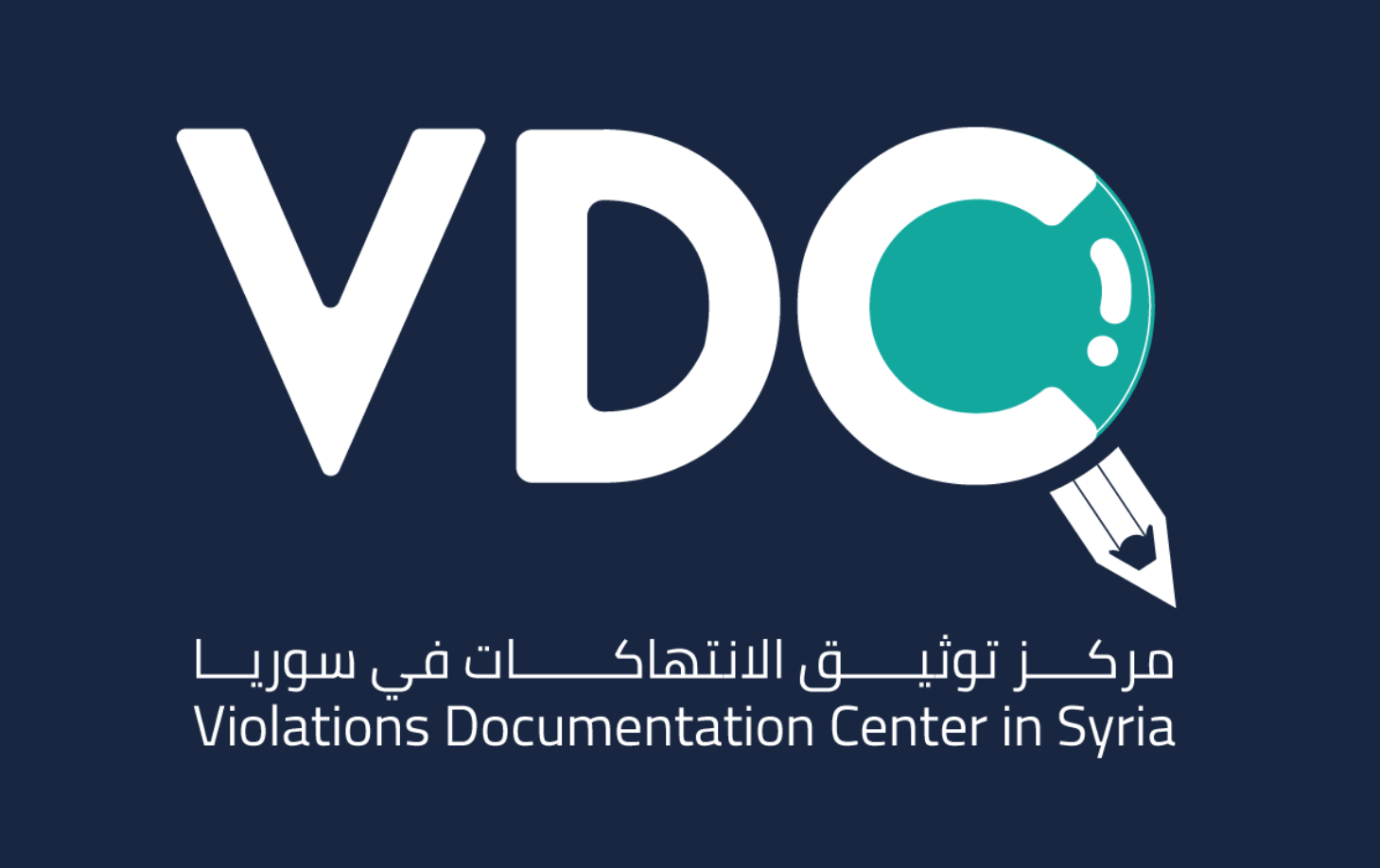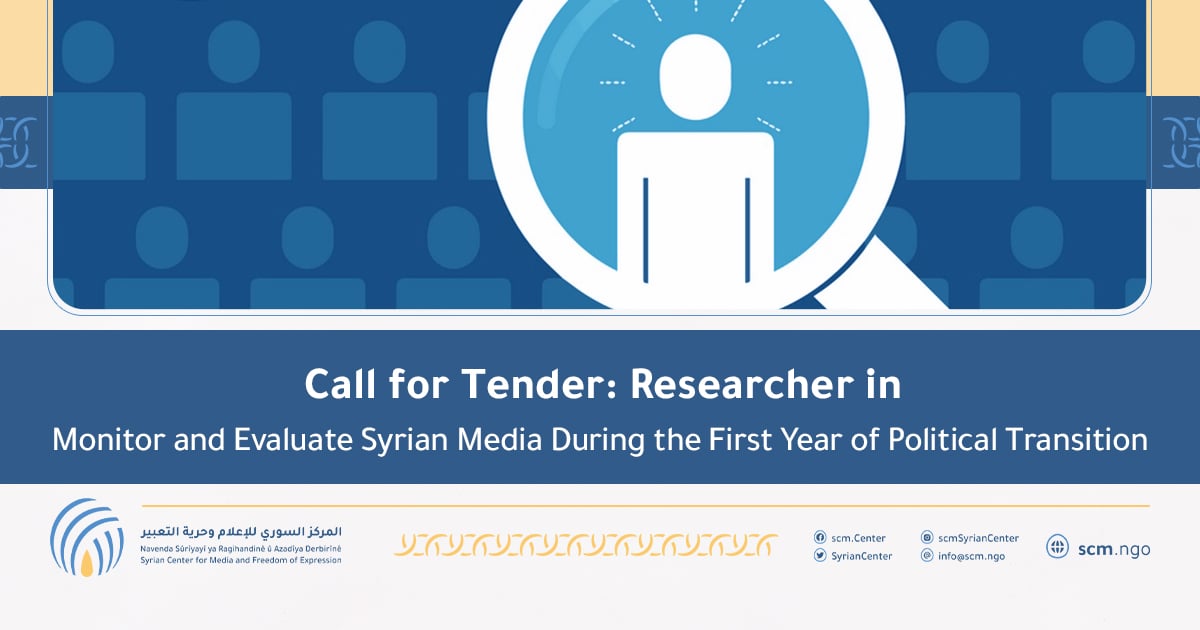Turkey has hosted the largest number of Syrian refugees in the world, reaching 3,600,000 people . Despite the popular and governmental welcome towards the Syrian refugees who went to Turkey in the early days, the welcoming wave did not last long, and resentment or popular rejection escalated gradually, which was considered at the beginning an understandable reaction that can be seen in any part of the world undergoing the same conditions, where refugees face – particularly when in large waves – social exclusion and discrimination in the host country, as a result of the economic situation, linguistic and social obstacles, and cultural differences, in addition to their direct impact on the lives of residents, high cost of living, rental and commodity prices, and competition over the labor market, especially for people of low standard of living, in addition to begging and the presence of some children on the streets beseeching help, which are all considered to be inevitable consequences of asylum, and the host governments deal with them and minimize their effects.
However, what was previously considered an understandable reaction has changed in recent years, as Syrians face challenges of legal residency, restrictions to their right of movement, as well as requiring them to obtain a travel permit to move between states, lack of access to health care in the absence of a temporary protection ID card, difficulties obtaining work permits and discrimination in wages.
Moreover, with the consequences of the COVID-19 pandemic, the Turkish tone rejecting their presence has escalated, not to mention the public debate about their refoulement to Syria. According to a survey done by the Turkish Studies Center at the University of Kadir Has- the percentage of the Turkish rejection of Syrian refugees reached 67% in 2019 after it was around 57% in 2016 , and the state of popular rejection took the form of rising social tensions in addition to a wave of racist attacks against Syrians nurtured by the positions of some Turkish politicians and public figures who adopt a hostile discourse that includes hate speech, incitement and discrimination crimes, in the absence of any role of the government in addressing this rhetoric or limiting its escalation.
The hostile hate speech that transmitted from popular circles to politicians and decision-makers was accompanied by rumors linking poor economic conditions, unemployment, and the decline in Turkey’s political relations with the countries of the world to Syrian refugees, who according to the transmitted narrative, live a luxurious life in Turkish cities, and receive generous financial aid from the government .
In this report, the Syrian Center for Media and Freedom of Expression reviews the legal and rights status of the Syrian refugees in Turkey, and also provides data showing the distribution of Syrian refugees in the various Turkish states. The report also presents the political and economic changes that took place in Turkey that affected Turkish society, which in turn affected On refugees in general and Syrian refugees in particular, the report also provides a timeline for the escalation of hate speech towards Syrians and the incidents associated with this speech, as well as the most important actors and figures who exploit the Syrian refugees in their discourse and directions.






